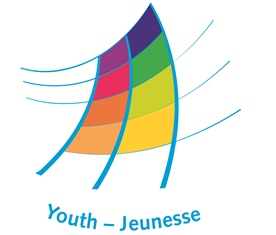Access to rights
Why a recommendation on access to rights?
Young people are entitled to enjoy full human rights and all other rights under national and international law. However, young people across Europe are increasingly experiencing challenges in accessing these rights, not least because they are particularly affected by economic, social and environmental problems, and by other difficulties facing many European societies.
Young people's access to rights is an essential element in building a culture based on the principles of human rights, democracy and the rule of law. There is concern that some member states do not safeguard sufficiently these rights for all young people.
Unemployment, precariousness, discrimination and social exclusion are a reality for many young people in Europe. Even those with good qualifications experience a difficult transition from education to the labour market. Young people are among the most vulnerable groups in society and the dire socio-economic situation in many Council of Europe member states presents huge barriers to their autonomy, to their personal development and to their full participation in society.
What are the risks?
The biggest risk is that of the disengagement of young people. The sustainability of society relies on the creativity, dynamism, social commitment and competences of young people as well as their confidence in the future.
Government policies should support young people to realise their full potential as autonomous members of society, enabling them to develop life plans and exercise their right to democratic citizenship. For all policy areas affecting the lives of young people, a key issue is to ensure that they know about their rights, the steps they can take if their access is violated and how they might get some redress.
What does the recommendation do?
The recommendation aims to improve young people’s access to rights rather than addressing the specific rights themselves. It focuses on improving access by taking steps to promote awareness of the rights that young people should be able to enjoy and what they can do if their rights are violated. It also aims to remove legal, political and social barriers. It also emphasises the importance of member States regularly monitoring and responding to rights infringements and ensuring adequate protection though legal provisions.
Who has a role to play?
The roadmap drawn up by the Joint Council on Youth proposes specific tasks to the three main stakeholders: the member states; youth organisations; and the Council of Europe Youth Department, and contains possible elements which could form the basis for this review.



